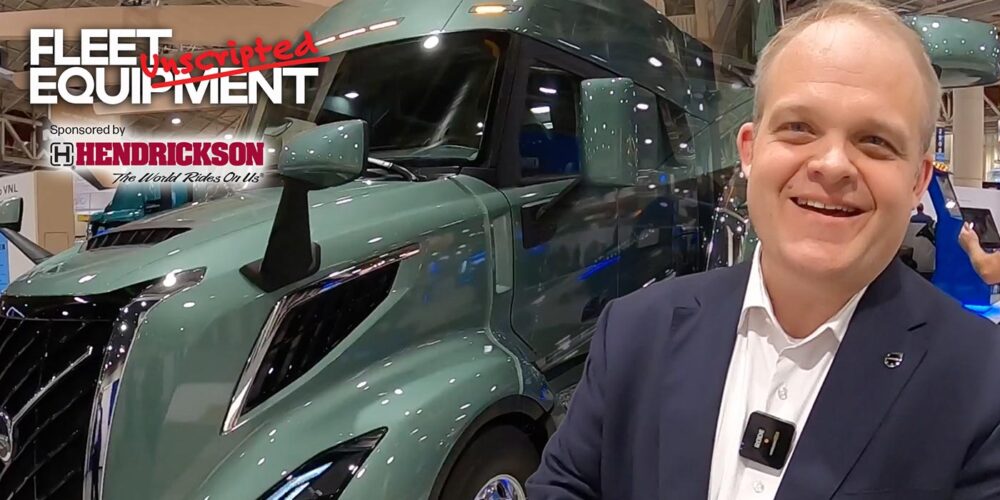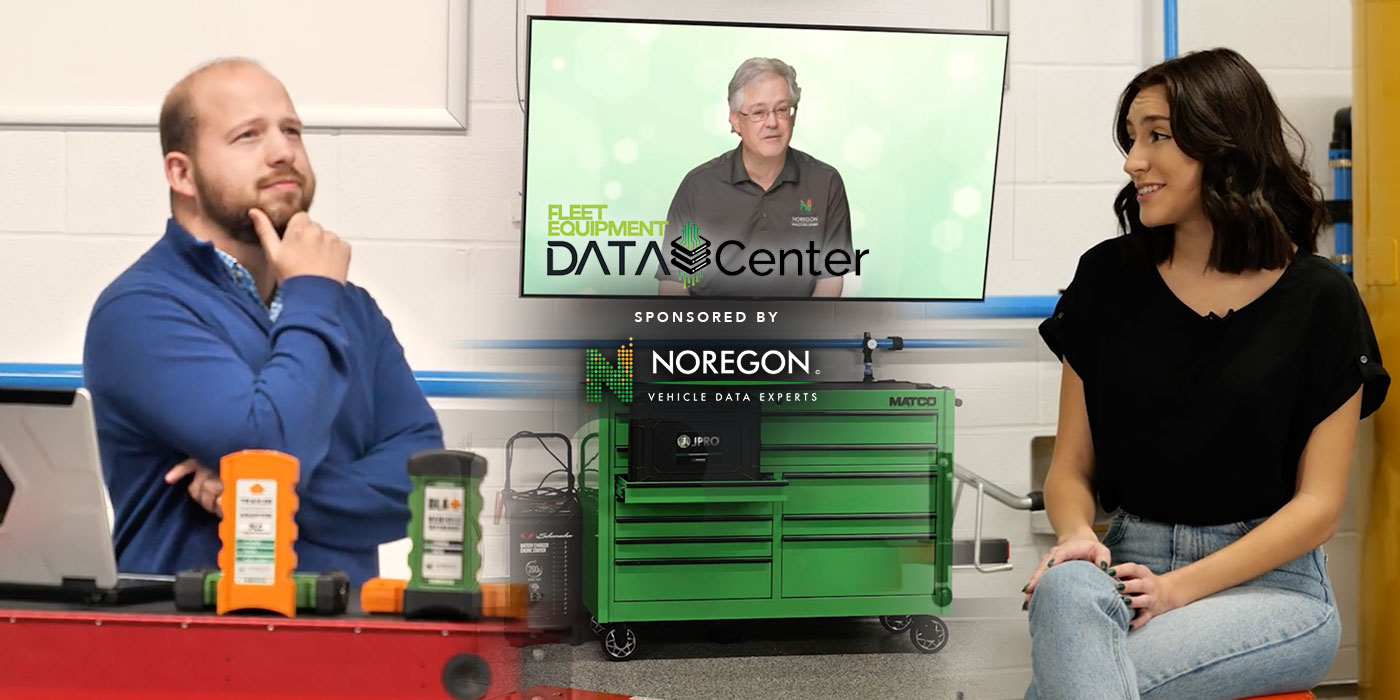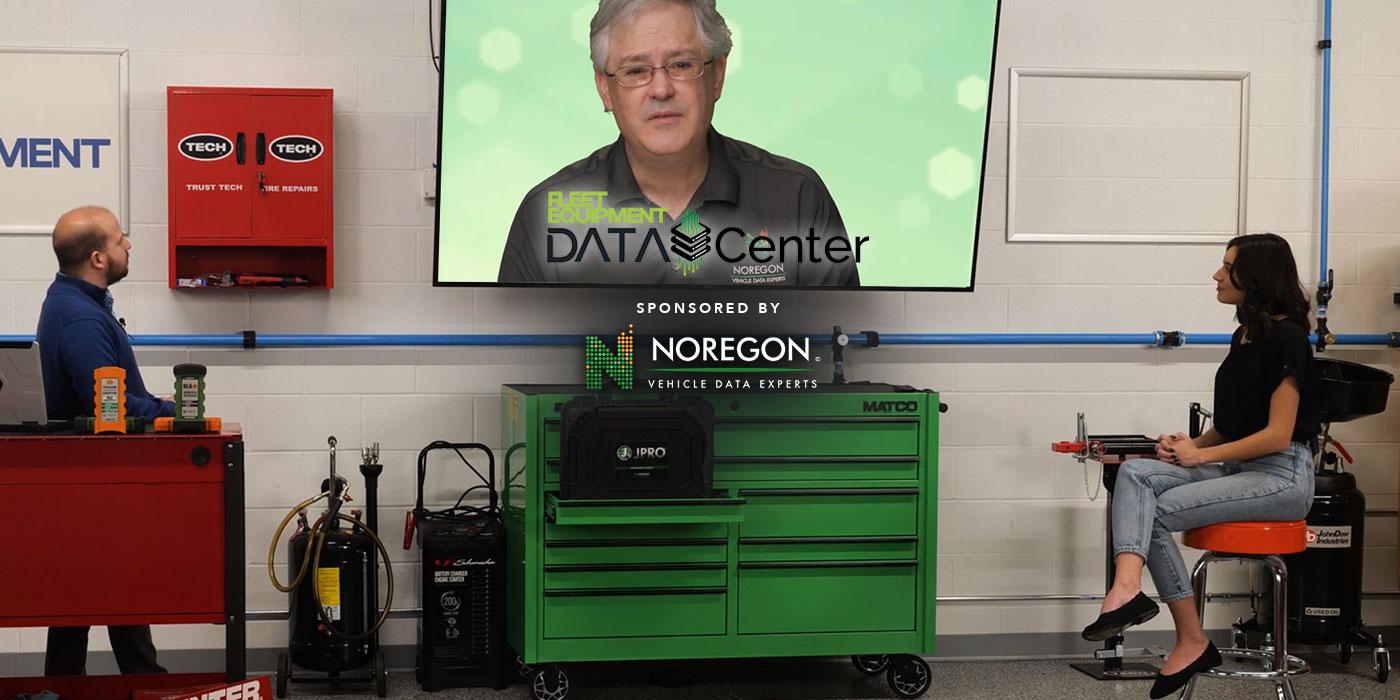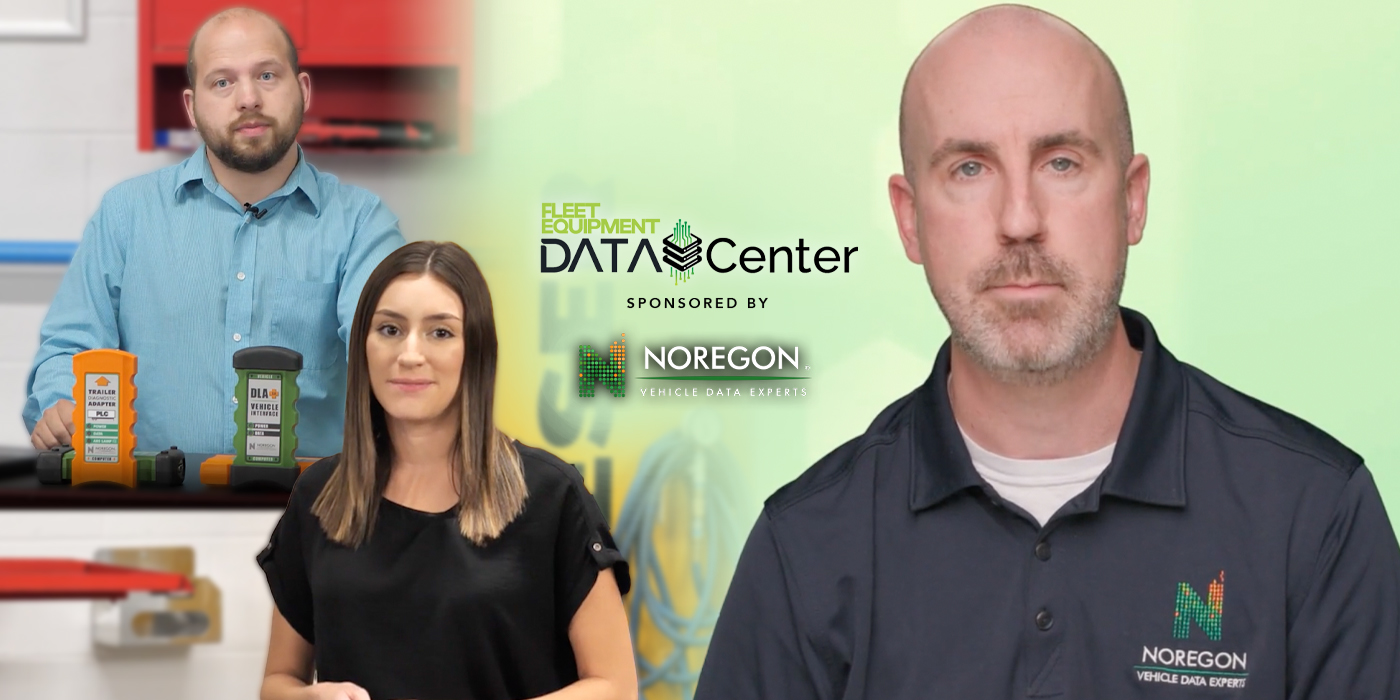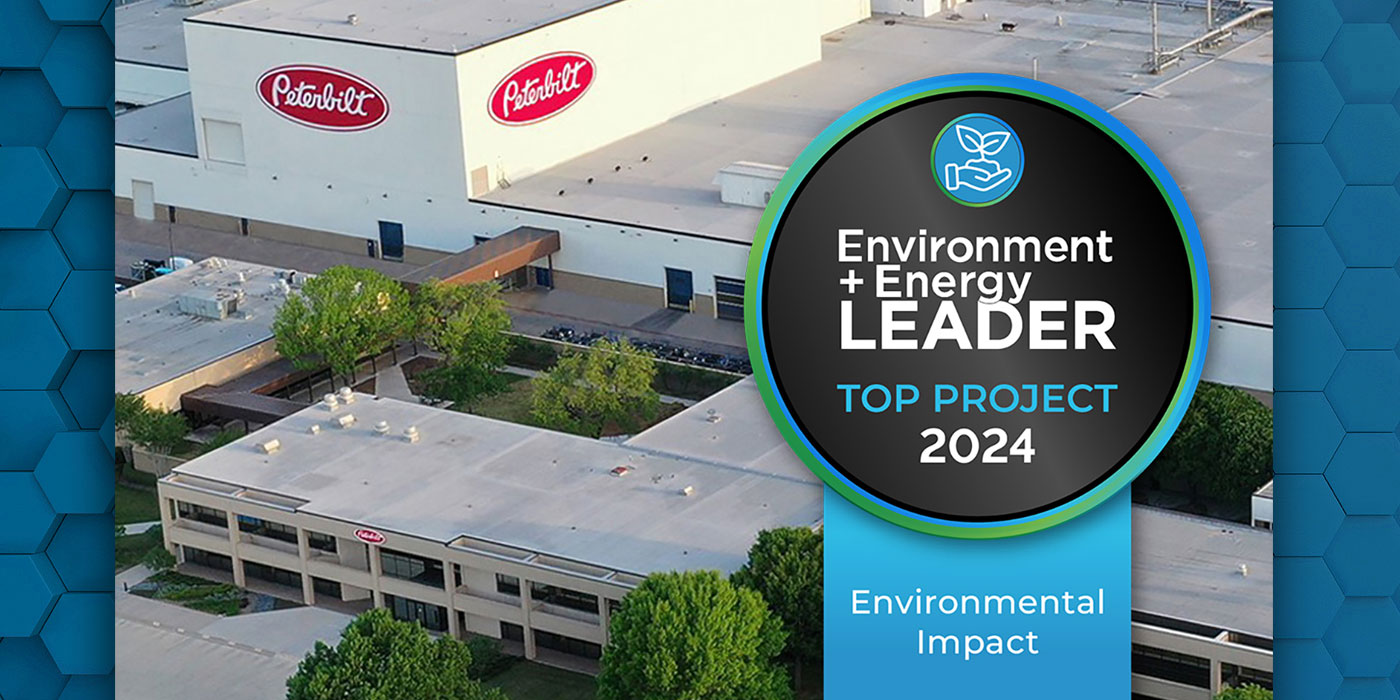The California Air Resources Board, or CARB, has been pushing the state down the path to sustainability and zero emissions, with more aggressive targets than the other states in the U.S. For example, in May of this year they released a rule that will ban the sale of combustion trucks in the state of California by 2036. It’s part of a goal to transition the state to zero-emissions trucks by 2045, and they’re issuing plans for fleets to begin transitions to this goal starting as early as next year, with different timelines for different types of fleet.
Additionally, the U.S. EPA announced earlier this year that they will allow California to go a step beyond the EPA’s own rules, and require truck manufacturers to sell an increasing number of zero-emission trucks over the next couple of decades.
And don’t think that just because you’re not in California, you won’t be affected by this. After all, California is the nation’s largest state, and if you run long-haul, interstate routes with your trucks, or regional-haul in the West, there’s a good chance they’ll end up there at some time or another. It affects a higher percentage of fleets than it sounds like.
Other states also tend to follow California’s lead. Take that EPA example from just now — attorneys general from 15 states sent a letter last year urging the EPA to approve the California truck standards, which would seem to suggest that those states are planning to follow the rule themselves, or adopt a similar one.
So if you are going to be affected by these rules, what can you do? Watch the latest episode of Data Center to learn more.
Fleet Equipment’s Data Center is sponsored by Noregon. Subscribe to our newsletter to catch every episode as we’ll be diving into use cases, talking with the data pros and making data usage approachable.





